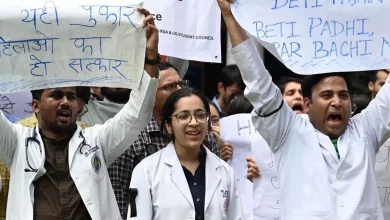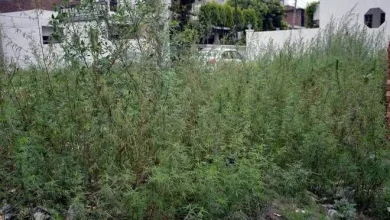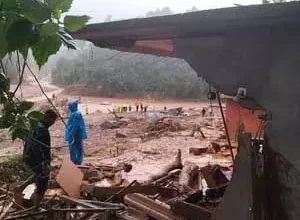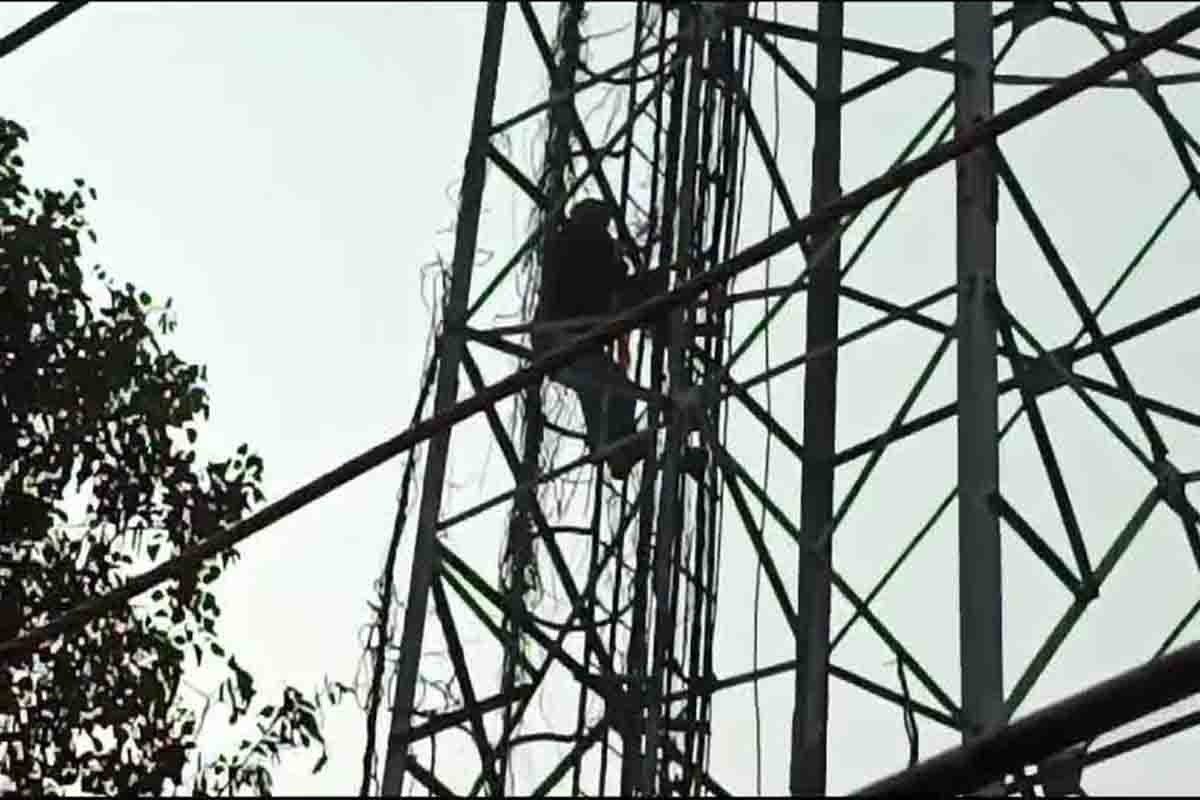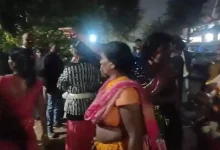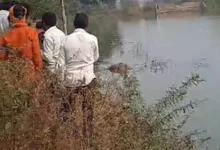Article 370 hearing: No power in Constitution that lets Centre extinguish a state, Sibal tells SC
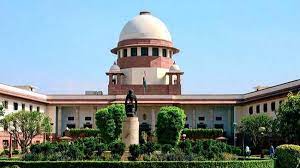
New Delhi: The bifurcation of the erstwhile state of Jammu and Kashmir into two Union Territories (UT) was contrary to all “principles of representatives form of government and fundamentals of constitutional democracy,” the Supreme Court was told Tuesday.
Senior advocate Kapil Sibal, arguing for one of the petitioners — Jammu and Kashmir National Conference (JKNC) leader Mohammad Lone — who have challenged the abrogation of Article 370 and subsequent division of the state into two UTs in the apex court, said there is no power under the Constitution that allows the Centre to extinguish a state.
He made his submissions before a constitution bench led by Chief Justice of India (CJI) D.Y. Chandrachud. During the hearing, CJI Chandrachud also praised J&K’s first elected Prime Minister, Sheikh Mohammad Abdullah, for his foresightedness. The CJI intervened when Sibal left out some portions of Abdullah’s speech in the constituent assembly, while giving a historical background to Article 370.
“Sheikh Mohammad Abdullah had a vision in 1951 which the world is talking about today,” he remarked. Calling him a visionary, the CJI pointed out how Abdullah had called out Pakistan’s claim of being a Muslim state, saying it is only a “camouflage”.
“….it’s a screen to dupe the common man so that he cannot see clearly that Pakistan is a feudal state in which a clique is trying by these methods to maintain itself in power,” the speech had said, the CJI added.
Praising Sheikh Abdullah, CJI asked Sibal to look at his foresight. “He had a vision in 1951 when he was speaking about economic interests which the world is talking about today,” said the CJI, highlighting the part of the speech in which Abdullah had made his choice to remain a part of India very clear.
While arguing against the abrogation of Article 370, Sibal gave the example of Brexit, where a referendum was held to decide on UK’s exit from the European Union. “[If] you want to sever a relationship which has been entered into, you must seek the opinion of the people,” said Sibal.
CJI Chandrachud, however, differed with Sibal’s view and said in a constitutional democracy such as India, public opinion has to be sought through established institutions. “Any recourse to public will has to be through that. You cannot envisage a situation like BREXIT. In a constitutional democracy, there cannot be anything like a referendum,” the CJI said.
Sibal, who concluded his arguments Tuesday, also said, “A state can include a UT or a UT can be carved out of a state. By what stretch of imagination you move away from a representative form of government.”
He further assailed the move to have two UTs by saying that neither does the text of the Constitution allow the government to do that nor do the fundamentals of constitutional democracy permit it.
The Constitution, Sibal added, is a set of values on the basis of which people represent themselves so that their voices can be heard. Therefore, when there is a clash of arms, the law and the court is never silent. “And, whenever the court has been silent, the consequences have been disastrous,” Sibal said.
Constitutional power does not extend to effacing a state into a UT, he argued, saying “The court is dealing with momentous change brought about by an exercise of majoritarian executive power”.
Earlier, Sibal attacked the central government for invoking Article 356, which is done to impose Presidential Rule, in the case of J&K. He said it cannot be used to make permanent and irreversible constitutional changes.
President Rule under Article 356 was imposed in J&K on 19 December, 2018, months before the abrogation of Article 370 happened in August 2019. The same day, 5 August 2019, the state was bifurcated into the two UTs of J&K and Ladakh.
Before making this move, the Bharatiya Janata Party (BJP) had withdrawn its support from the Jammu and Kashmir Peoples Democratic Party (PDP)-BJP coalition, leading the state to fall under the Governor’s rule. After the end of six months of Governor’s rule, J&K was brought under the President’s Rule in December 2018 and it was further extended for another six months on 3 July, 2019.











